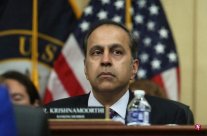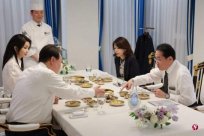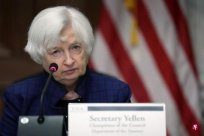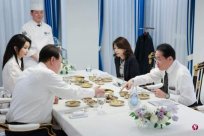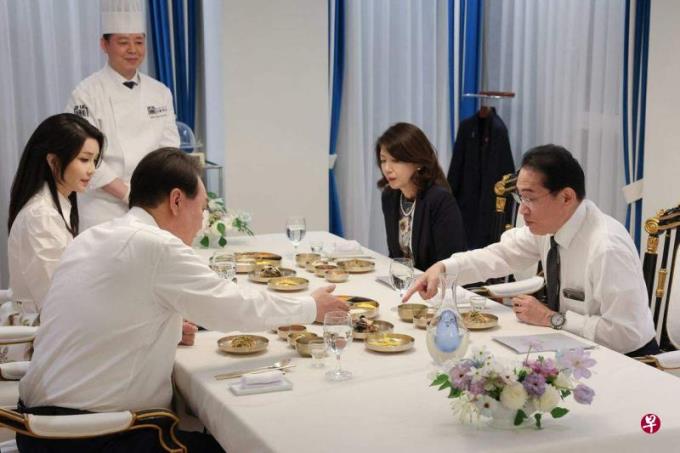
Japanese Prime Minister Kishita Tian Wenxiong visited South Korea last weekend and restarted the "shuttle diplomacy" of the 12 years of stagnation of Japan and South Korea.Japanese media pays attention to Kishida's conversation on the "strong labor" of historical issues.Daily news said that he expressed "sadness" with personal opinions, but avoiding the use of "reflection and apology", worried that it would cause the Liberal Democratic Party to rebound.
Daily news comments pointed out that in 2015, Japan and South Korea were entangled with the problem of comfort women, and Kanada was responsible for agreement with the Korean side.In the seek agreement, the Prime Minister Abe said to the Korean female president Park Geun -hye at a telephone conversation: "I feel sad to think of the sufferings suffered by the comfort woman before."
Kishida's visit to South Korea also expressed "distress" when the talks tangled in the two countries after the talks.He said: "I am very sad to bring very painful and sad memories to many people in the severe environment at that time."
When the South Korean government announced the solution of forced labor in March, Kishida praised the Korean solution. He said: "We inherited the historical consciousness of the previous cabinets, including the 1998 Japan -South Korea joint statement."
Daily News stated that the Japanese and South Korean declarations clearly proposed to "reflect and apologize" for colonial rule, but in Kishida's two conversations, they avoided using the word "reflection and apology".
Daily news quoted an anonymous Liberal Democratic Party cadre that Kishida decided to "point the end" on historical issues, which was hinted to the Conservative of the Liberal Democratic Party that his conversation was maintained within Abe's talk.In addition, the newspaper also published a historical conversation of Kishida Heda Abe, reflecting that Kishida had less content on World War II than Abe.
Reported that at the time, in order to seek reconciliation, Abe integrated the word "apology and reflection" in the conversation.However, then South Korea changed the president and recruited historical issues.According to the interpretation, the words of the apology from Kanada were to avoid being sang in conservatives later.
Asahi Shimbun reported that a joint statement issued by Japan and South Korea in 1998, then Prime Minister Xiaoyuan Jing San mentioned that "deep -introspection and sincere apology" of colonial rule was based on the requirements of the Korean side.The newspaper quoted an anonymous Japanese official and pointed out that Kishida's visit was not for apology.
"The Prime Minister Kishida's visit to South Korea must actively make information about the future, and let Korean public opinion understand the benefits of security and economy, and we (Japan and South Korea) have reached the point where we must get rid of the historical burden of the past."
South Korean President Yin Xirui's labor litigation solution proposed in March was criticized as "too much concessions to Japan."According to news, Kishida expressed "distress" on the issue of forced labor, and did not mention (historical) responsibilities, to support Yin Xiyue, who supported the decline in support.

